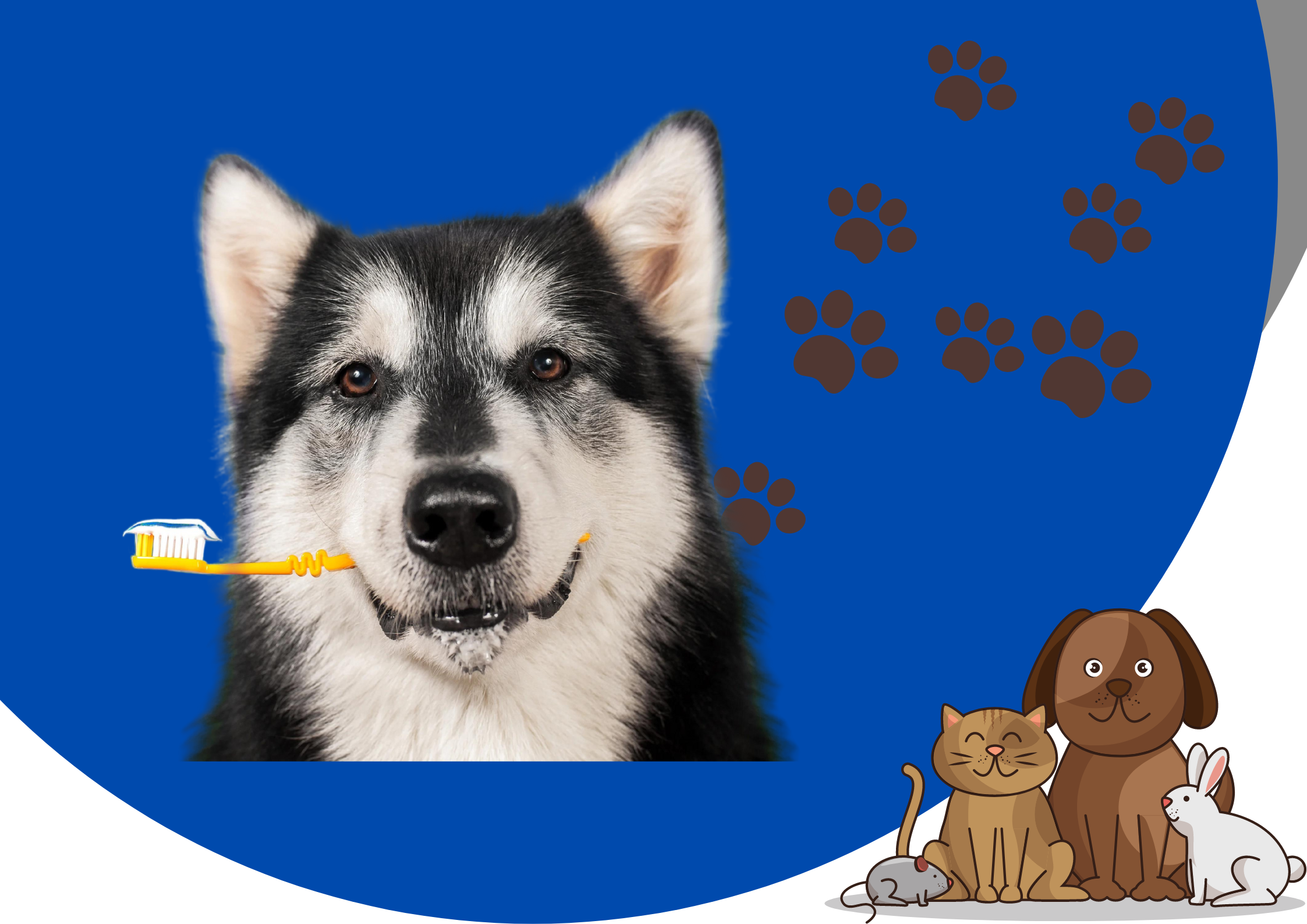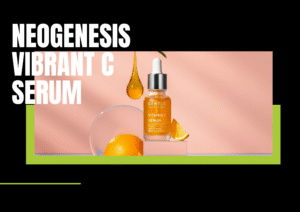
"Healthy Smiles: The Ultimate Guide to Dog Dental Care Products"
 Fido’s pearly whites deserve the same pampering as yours! Like humans, dogs require regular dental care for optimal health and well-being. Neglected doggy dental hygiene can lead to problems ranging from bad breath and discomfort to gum disease and even heart issues. But fear not, excellent pet parent! This comprehensive Guide to Dog Dental Care you with the knowledge and tools to keep your pup’s smile sparkling and their tail wagging joyfully.
Fido’s pearly whites deserve the same pampering as yours! Like humans, dogs require regular dental care for optimal health and well-being. Neglected doggy dental hygiene can lead to problems ranging from bad breath and discomfort to gum disease and even heart issues. But fear not, excellent pet parent! This comprehensive Guide to Dog Dental Care you with the knowledge and tools to keep your pup’s smile sparkling and their tail wagging joyfully.
Why Dog Dental Care Matters: More Than Just Fresh Breath
While fresh breath is a welcome bonus, dog dental care goes beyond aesthetics. Here’s why taking care of your pup’s chompers is crucial:
- Prevents periodontal disease: The sticky film of bacteria on teeth, known as plaque, hardens into tartar if left unchecked. This irritates gums, leading to gingivitis (inflammation) and eventually periodontal disease. This disease damages the jawbone, can enter the bloodstream, impacting organs, and ultimately endangers your dog’s overall health.
- Improves overall health: Untreated dental issues can lead to infections, pain, and difficulty eating, significantly impacting your dog’s quality of life and well-being.
- Saves money: Regular dental care at home and with your vet can prevent expensive dental procedures, saving you significant costs in the long run.
Brushing Basics: The Cornerstone of Canine Oral Hygiene
Don’t be discouraged by the thought of brushing your dog’s teeth! With patience and the right tools, it can become a fun bonding experience for both of you. Here’s what you’ll need:
- Dog-specific toothbrush: Opt for a soft-bristled brush sized for your dog’s mouth. Human brushes are too harsh for canine teeth.
- Dog toothpaste: Never use human toothpaste! It contains harmful ingredients like xylitol, which is toxic to dogs. Choose a dog-friendly toothpaste with enzymatic formulas to combat plaque and freshen breath.
- Positive reinforcement: Make brushing a positive experience with praise, treats, and gentle handling. Start slow and gradually increase the duration as your dog gets comfortable.
Beyond the Brush: A Multifaceted Approach to Dental Care
While brushing lays the foundation, a holistic approach is vital for optimal dental health. Here are other dental care weapons in your arsenal:
- Dental chews and toys: Look for products with the Veterinary Oral Health Council (VOHC) seal of approval, indicating they effectively reduce plaque and tartar. Choose chews based on your dog’s size, chewing habits, and dietary restrictions.
- Dental wipes: For dogs who resist brushing, dental wipes offer a quick and convenient way to clean teeth and gums.
- Dental water additives: These added to your dog’s water bowl can help reduce plaque and freshen your breath. However, consult your vet before using them, especially if your dog has pre-existing health conditions.
- Dental diets: Some specially formulated kibbles can help remove plaque as your dog chews. Ask your vet if a dental diet is right for your pup, considering their nutritional needs and sensitivities.
Choosing the Right Products: A Doggy Shopping Spree
With aisles overflowing with dental goodies, selecting the right products can be overwhelming. Here are some tips to guide your shopping spree:
- Consider your dog’s size, breed, and chewing habits. Smaller dogs need smaller brushes and chews, while aggressive chewers might require sturdier options.
- Look for the VOHC seal of approval. This ensures the product is effective and safe for dogs.
- Read the ingredients carefully. Avoid products containing xylitol or other harmful ingredients.
- Consult your veterinarian. They can recommend specific products based on your dog’s needs, considering their age, oral health status, and allergies or sensitivities.
Deep Dive into Specific Products: Unleashing the Power of Choice
Now, let’s delve deeper into the exciting world of dog dental products!
Dental Chews:
- Long-lasting chews: These keep your pup occupied for hours while scraping away plaque and tartar. Popular VOHC-approved brands include Greenies, OraVet chews, and Nylabone Durachew.
- Enzymatic chews: These contain enzymes that break down plaque and freshen breath. Examples include Virbac CET Enzymatic Chews and Purina DentaLife chews.
- Soft chews: Ideal for smaller dogs or those with sensitive teeth. Look for brands like Hill’s Science Diet Soft Chews and Tropic Clean Fresh Breath Soft Chews.
Dental Toys:
Puzzle toys with hidden treats: Encourage chewing and problem-solving while cleaning teeth. Try Kongs or Busy Buddy Toys.
Rope toys with abrasive textures: Satisfy chewing instincts while scrubbing teeth. Consider options like West Paw Zogoflex toys or Mammoth Floss Ropes.
Water Additives:
- Chlorhexidine gluconate (CHG) solutions: These kill bacteria and freshen breath. Examples include PlaqueZapper and Oratene Brushless Oral Care. Use caution and under veterinary guidance, especially for dogs with pre-existing health conditions.
- Enzymatic water additives: Work similarly to enzymatic chews but require longer exposure time. Consult your vet before using, particularly for dogs with sensitive stomachs or allergies.
Additional Tips and Tricks: Brushing Up Your Dog’s Dental Routine
Desensitization Techniques for Brushing:
- Start early: Introduce your puppy to the toothbrush and toothpaste from a young age, making it a positive experience.
- Make it fun: Use flavoured toothpaste, offer praise and treats, and turn it into a game.
- Desensitize gradually: Begin by letting your pup lick the toothpaste off your finger, then progress to touching their teeth with the toothbrush, and finally, gentle brushing.
- Positive reinforcement is key: Reward calm and cooperative behaviour throughout the process.
Homemade Dental Care Options:
- Baking soda paste (with caution): Mix a small amount of baking soda with water to form a paste. Brush gently and rinse thoroughly. Consult your vet before using, and never swallow.
- Safe fruits and vegetables: Offer firm fruits and vegetables like carrots or apples for gnawing, which can help clean teeth naturally. Supervise your dog while they chews to avoid choking hazards.
Dental Care for Senior Dogs:
- Softer chews and gentle brushing: Choose softer and gentler brushing techniques to accommodate weaker teeth and sensitive gums.
- Regular vet checkups: Monitor for any changes in oral health and seek professional cleaning more frequently, as your vet recommends.
- Dietary adjustments: Consider a senior-specific diet formulated for easier chewing and digestion if your veterinarian advises.
Travel-Friendly Dental Care:
- Travel toothbrush and toothpaste: Pack a travel-sized, dog-friendly toothpaste for easy on-the-go brushing.
- Dental wipes: Keep wipes handy for quick cleaning after meals or walks.
- Portable chew toys: Choose safe and portable chew toys to keep your pup’s teeth occupied while travelling.
Conclusion: A Happy Smile, a Happy Dog!
By incorporating these tips and products into your routine, you’ll be well on your way to ensuring your furry friend’s teeth sparkle and their overall health thrives. Remember, consistent care is vital! Schedule regular veterinary checkups for professional cleanings and personalized advice. Most importantly, reward your pup for good dental hygiene and enjoy the journey to a happy, healthy smile that wags with joy. You’ll ensure their well-being and strengthen the bond you share with your beloved canine companion.
FAQ’S
Q: How often should I brush my dog’s teeth?
A: Ideally, daily brushing is best. However, 2-3 times per week can make a significant difference. Start gradually and work your way up to a frequency your dog tolerates.
Q: My dog hates getting their teeth brushed. What can I do?
A: Patience and positive reinforcement are key! Start slow with short brushing sessions and gradually increase the duration. Use flavoured toothpaste, offer praise and treats, and make it a fun experience. Consider desensitization techniques like slowly introducing the brush and toothpaste.
Q: Are dental chews as good as brushing?
A: While dental chews are helpful, they’re not a complete substitute for brushing. They can be a great way to supplement brushing, especially for dogs who resist it. However, choose VOHC-approved chews appropriate for your dog’s size and chewing habits.
Q: Are dental water additives safe?
A: Consult your veterinarian before using dental water additives, especially if your dog has pre-existing health conditions. Some additives may interact with medications or cause digestive issues.
Q: What are the signs of dental problems in dogs?
A: Watch for signs like bad breath, red or swollen gums, loose teeth, difficulty chewing, drooling, or pawing at the mouth. Schedule regular vet checkups for professional cleaning and early detection of any issues.
Q: Can I use baking soda paste for my dog’s teeth?
A: Use baking soda with extreme caution and only under veterinary guidance. The mixture must be very dilute and used sparingly. Never swallow, and monitor your dog closely during and after use.
Q: What are some excellent homemade dental care options for dogs?
A: For supervised gnawing, offer firm fruits and vegetables like carrots or apples. However, never rely solely on homemade options as they may not be as effective as proper brushing or vet-approved products.
Q: How can I care for my senior dog’s teeth?
A: Use softer chews and gentle brushing techniques. Schedule frequent vet checkups and consider a senior-specific diet if your veterinarian recommends it.
Remember, this guide offers general information and cannot replace professional advice. Always consult your veterinarian for personalized recommendations based on your dog’s needs and health condition.
Table of Contents
SEARCH HERE
CATEGORIES
RECENT POSTS



Advanced Mitochondrial Formula 2025: Can It Truly Recharge Your Energy Levels?

The Truth About Aquaponics 4 You (2025): Does It Actually Work?

